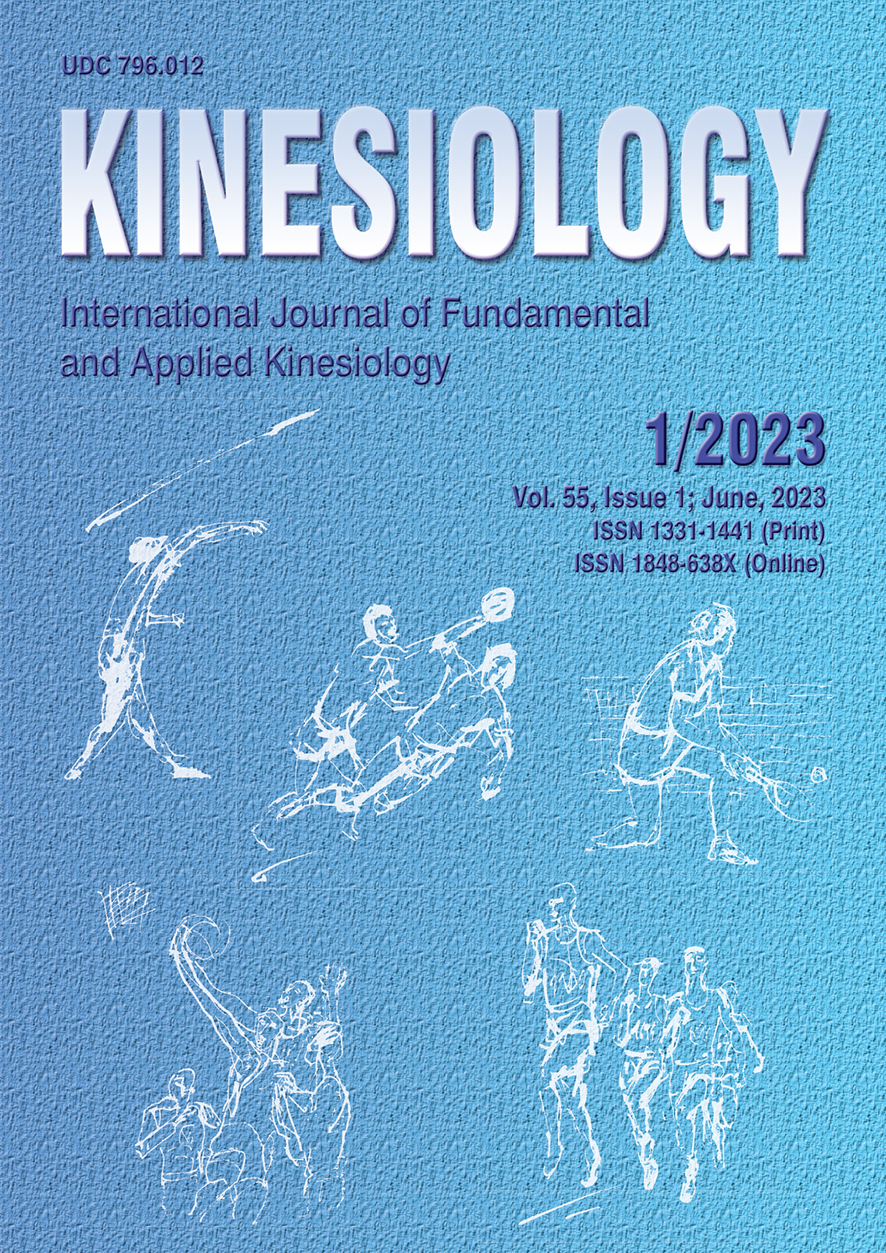SURVEY ON COACHING PHILOSOPHIES AND TRAINING METHODOLOGIES OF WATER POLO HEAD COACHES FROM THREE DIFFERENT EUROPEAN NATIONAL SCHOOLS
Abstract
The ability to change swimming styles and body positions, involving continuous shifting from horizontal to vertical posture and performing jumps, as well as technical skills play a fundamental role in water polo performance. To face with these demands, the coaching staff of elite and sub-elite water polo clubs might adopt a variety of training methods, also based on their specific coaching philosophies. This point has led to an enlargement of the staff, with higher head coaches’ responsibilities, who may interpret their professional activity according to their own coaching philosophy, education, and their respective national water polo schools. In fact, based on their international sports achievements, some countries can be identified as recognised water polo national schools. For this reason, the purpose of this study was to survey 40 head coaches of three important national water polo schools (Italy, Greece, and Serbia) to identify and compare their coaching philosophies and training methodologies. The survey was based on five sections (Technical staff composition, Team roster, Weekly periodization, Testing and monitoring, Tactics and strategies). Furthermore, using a detailed descriptive statistic, the current study gives interesting information on how 40 high-ranking elite and sub-elite teams of different national championships organize their training during a typical week of the competitive season. A further improvement of this research line could include more national schools, expanding the sample to more countries from all over the world.
Key words: team sports, team management, coach education, typical training week, competitive season
Downloads
Published
How to Cite
Issue
Section
License

This work is licensed under a Creative Commons Attribution-NonCommercial 4.0 International License.
At Faculty of Kinesiology we recognize that access to quality research is vital to the scientific community and beyond. Kinesiology is non-profit journal and all costs of publishing and peer review process are covered by the publisher itself or other funding sources like Ministry of Science and Education of the Republic of Croatia. Full text papers are also available free of charge at http://hrcak.srce.hr/kineziologija. There are no restrictions on self archiving of any form of paper (preprint, postprint and publisher's version).
Articles are distributed under the terms of the CC BY - NC 4.0
Kinesiology does not charge any fees to authors to submit or publish articles in our journal.


